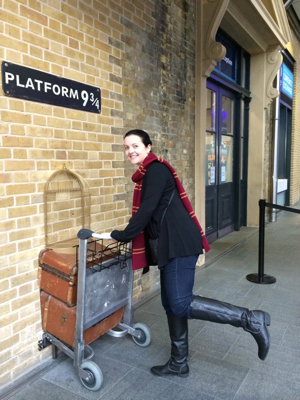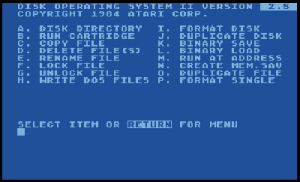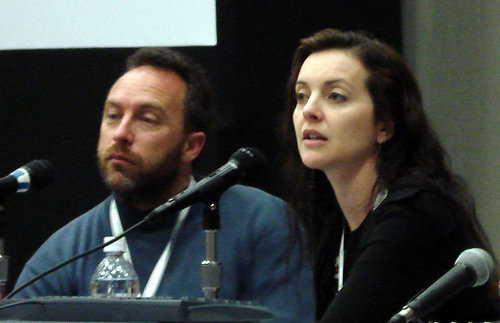
My time as a PhD student is coming to an end, and I’m ready to get back into a full-time role at a tech company in July or August. I’ve included a tl;dr version next for those busy people who just want the highlights, or you can read on for more details about me and what I want in my next role.
What I’m looking for in my next adventure:
- Open source focus: community management or data analysis of OSS participation
- Senior position: preferably an individual contributor role, but open to managing a small team
- Travel: some travel to speak at conferences, but a maximum of 10% – 20% of my time
- Based near London: need a company to sponsor my UK work visa
What I’ve been doing in my past couple of roles (full resume):
- Building and leading open source communities
- Analyzing open source community metrics and other data
- Speaking and blogging about a variety of technologies
- Creating strategies and plans while leading a team to achieve them
Now for the longer version and more details about what I want for my next adventure …
After 3.5 years at the University of Greenwich, I’m almost finished with my PhD. While it has been an amazing experience, I am ready to exit academia and return to the tech industry again. Ideally, I would like to be back at work in July or August.
The catch is that I want to stay in the UK, so I’m looking for a full-time role with a company who can sponsor my UK visa. Given my timeline, this company would already need to be on the UK register of licensed sponsors for visas. The good news is that it should be fairly easy to transfer from my student visa to a work visa if I have company sponsorship. I live a bit outside of London, and while I could work in a London office, the commute would be over an hour, so I would prefer a position where I can work remotely most days. I’m happy to work a couple of evenings per week to accommodate meetings with US teams.
My primary job criteria is that I would like to continue to focus on open source software. A position in open source community management or data analysis of participation in open source communities would be ideal, but I’m also open to other roles. I’ve spent most of my 20+ year career working in open source software roles with a focus on community management and metrics, and I would really enjoy continuing that work and maintaining the relationships that I have with so many amazing people working in similar roles.
I have a preference for being in a senior individual contributor role. Over the past 20+ years, I’ve been in many different open source positions, so I can easily adapt to wide variety of responsibilities as the industry or team evolves. I’m also happy to train and mentor junior employees, which I view as a critical element of any senior position. At my last few companies, I managed teams, most recently as Director of Community at Puppet, so while I would prefer an individual contributor role, I am also open to managing a small team.
I also want to work for a great company where I can enjoy my work. I’m happy to work hard to achieve my goals, but I also expect to work a reasonable number of hours per week and prefer an environment with some flexibility about when and how I do my work as long as the goals are being met. The company should have a diverse workforce and a culture of showing respect for each other. I also prefer to work at a company that already understands the importance of open source software.
For years, I have been giving talks at conferences and blogging on a variety of technology topics, and I would like to continue to do this. In particular, I would like travel to open source conferences (Linux Foundation events, OSCON, FOSDEM, etc.) and give talks, but I need to keep the travel to 10% – 20% of my time.
Here are a few links with examples of my work and more details about my past experience:
- Resume and more about me
- Past speaking experience
- Blog posts on The New Stack
If you think I would be a good fit for a role on your team, or if you have other pointers for me, please drop me an email: dawn@fastwonder.com.

 Around this time, dad bought us an
Around this time, dad bought us an  Keep in mind that this was before Windows and other modern user interfaces. There was no mouse and no point and click interface. The operating systems of the time were pretty limited, and programming was typically done in BASIC. Since we didn’t see our dad very often, and my mom and step-dad didn’t know anything about computers, I had to figure it out myself. I started by typing in programs from books or magazines (like Byte), and I began to make small changes just to see what else I could make it do. A lot of it was trial and error, but it didn’t take long for me to start writing new programs.
Keep in mind that this was before Windows and other modern user interfaces. There was no mouse and no point and click interface. The operating systems of the time were pretty limited, and programming was typically done in BASIC. Since we didn’t see our dad very often, and my mom and step-dad didn’t know anything about computers, I had to figure it out myself. I started by typing in programs from books or magazines (like Byte), and I began to make small changes just to see what else I could make it do. A lot of it was trial and error, but it didn’t take long for me to start writing new programs.

